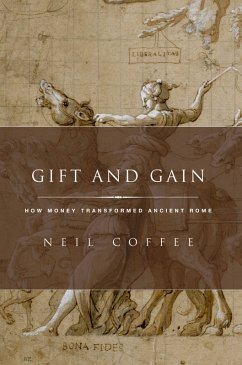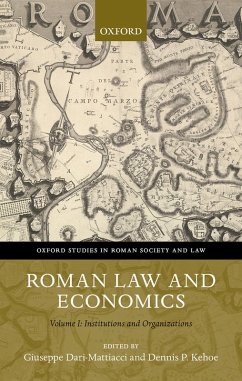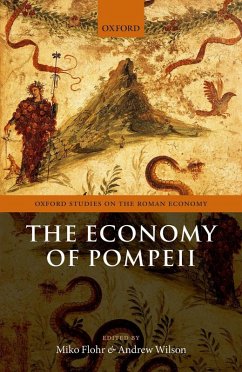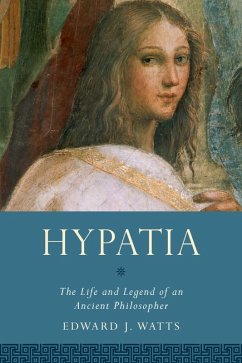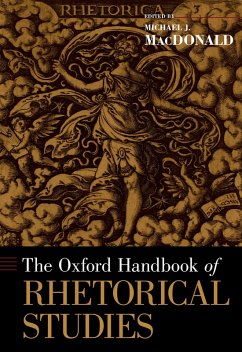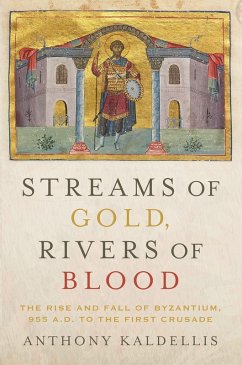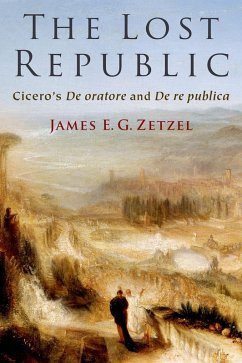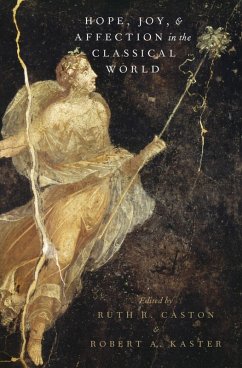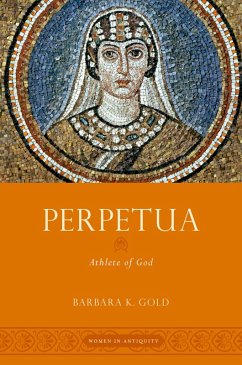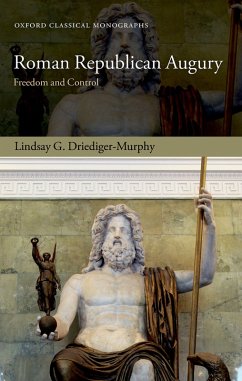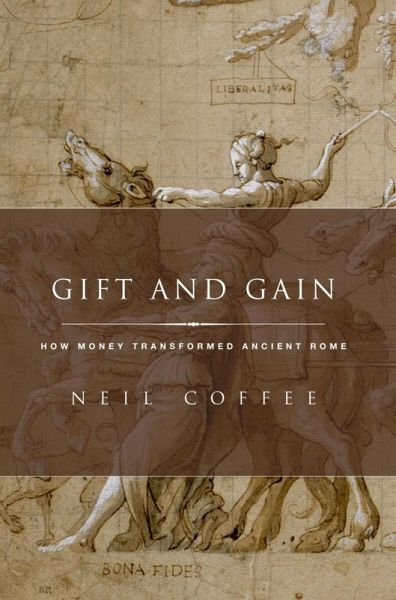
Gift and Gain (eBook, ePUB)
How Money Transformed Ancient Rome

PAYBACK Punkte
15 °P sammeln!
The economy of ancient Rome, with its long-range trade, widespread moneylending, and companies of government contractors, was surprisingly modern. Yet Romans also exchanged goods and services within a traditional system of gifts and favors, which sustained the supportive relationships necessary for survival in the absence of extensive state and social institutions. In Gift and Gain: How Money Transformed Ancient Rome, Neil Coffee shows how a vibrant commercial culture progressively displaced systems of gift giving over the course of Rome's classical era. The change was propelled by the Roman e...
The economy of ancient Rome, with its long-range trade, widespread moneylending, and companies of government contractors, was surprisingly modern. Yet Romans also exchanged goods and services within a traditional system of gifts and favors, which sustained the supportive relationships necessary for survival in the absence of extensive state and social institutions. In Gift and Gain: How Money Transformed Ancient Rome, Neil Coffee shows how a vibrant commercial culture progressively displaced systems of gift giving over the course of Rome's classical era. The change was propelled by the Roman elite, through their engagement in a variety of profit-making enterprises. Members of the same elite, however, remained habituated to traditional gift relationships, relying on them to exercise influence and build their social worlds. They resisted the transformation, through legislation, political movements, and philosophical argument. The result was a recurring clash across the contexts of Roman social and economic life. Neil Coffee's comprehensive volume traces the conflict between gift and gain from Rome's prehistory down through the conflicts of the late Republic and into the early Empire, showing its effects in areas as diverse as politics, law, philosophy, personal and civic patronage, marriage, and the Latin language. These investigations show Rome shifting, unevenly but steadily, away from its pre-historic reliance on mutual aid and toward the sort of commercial and contractual relations typical of the modern world.
Dieser Download kann aus rechtlichen Gründen nur mit Rechnungsadresse in A, B, BG, CY, CZ, D, DK, EW, E, FIN, F, GR, HR, H, IRL, I, LT, L, LR, M, NL, PL, P, R, S, SLO, SK ausgeliefert werden.




